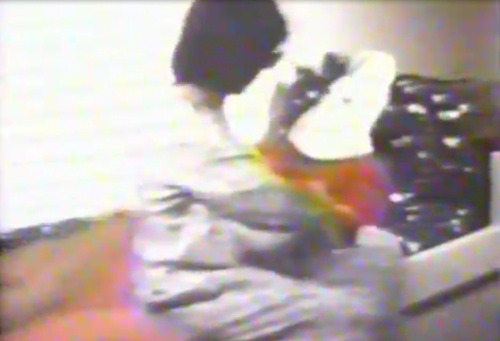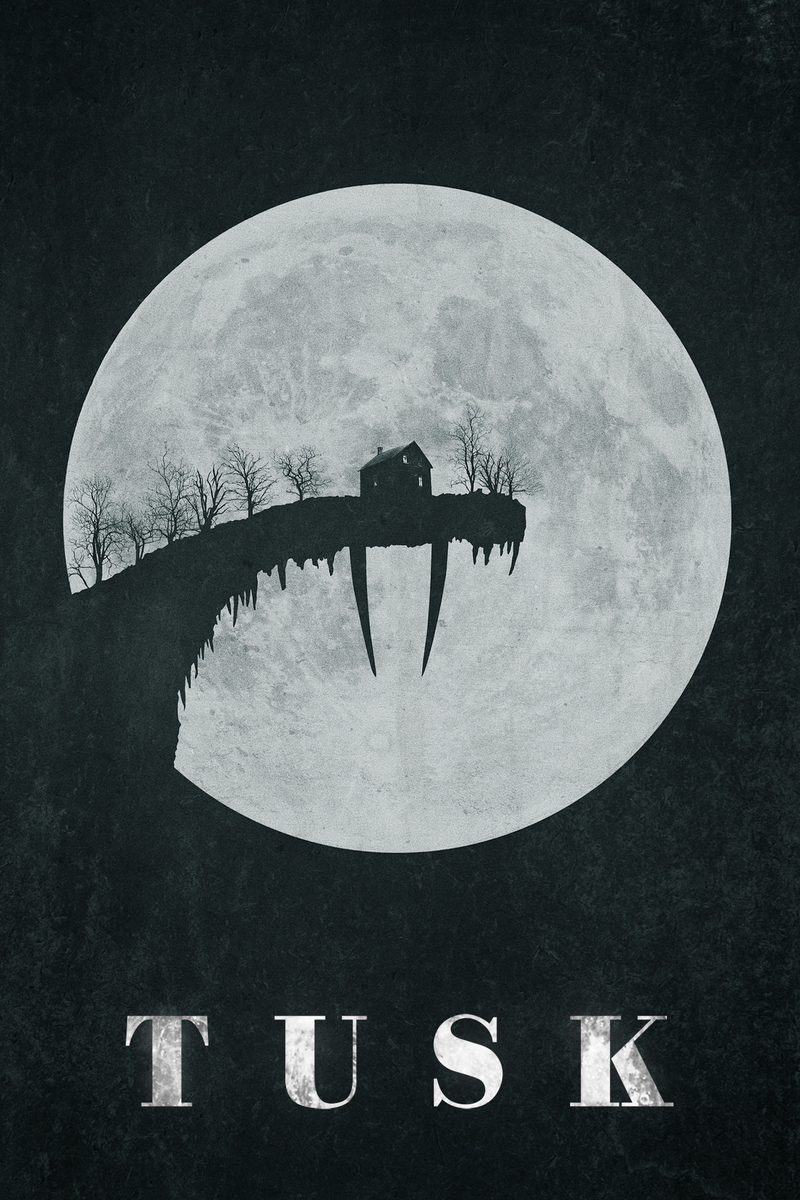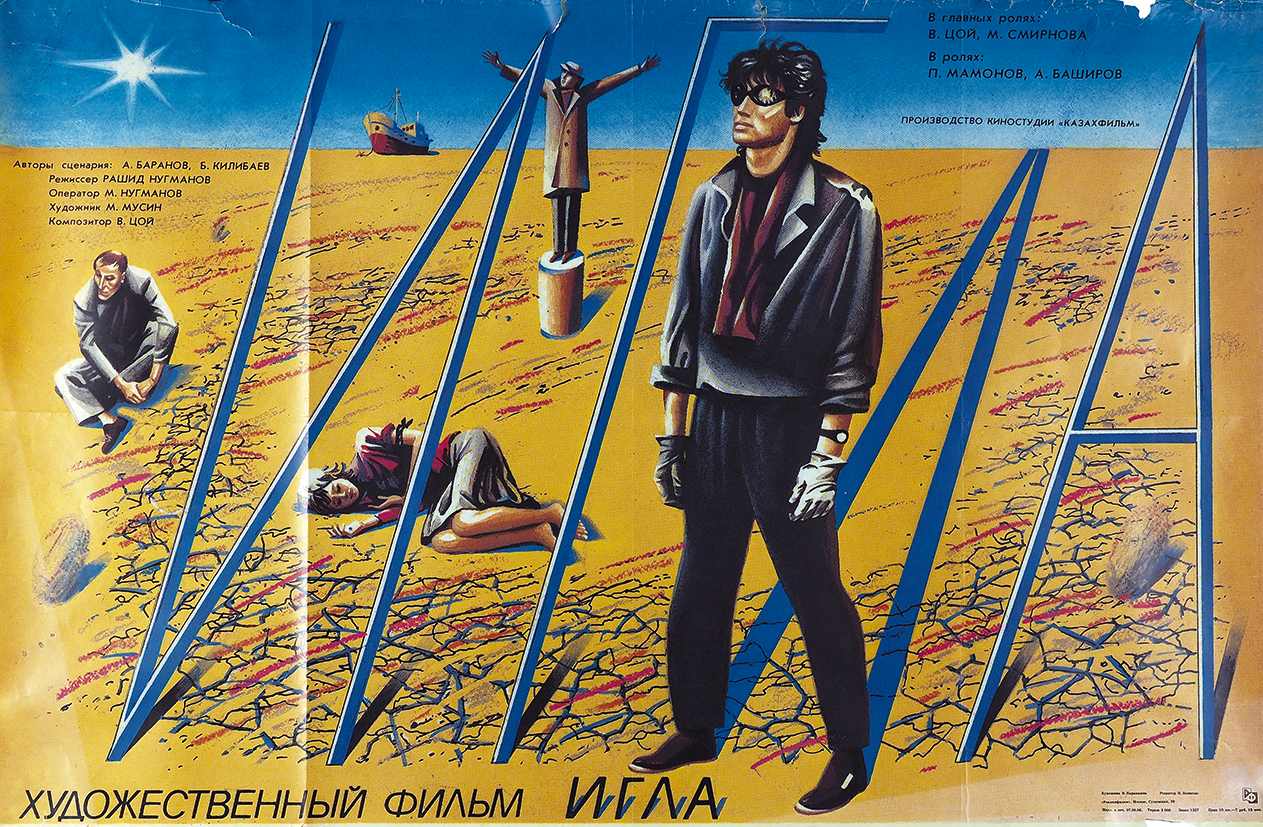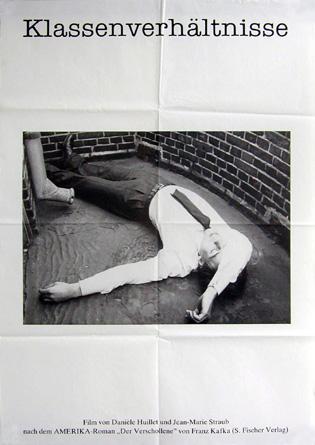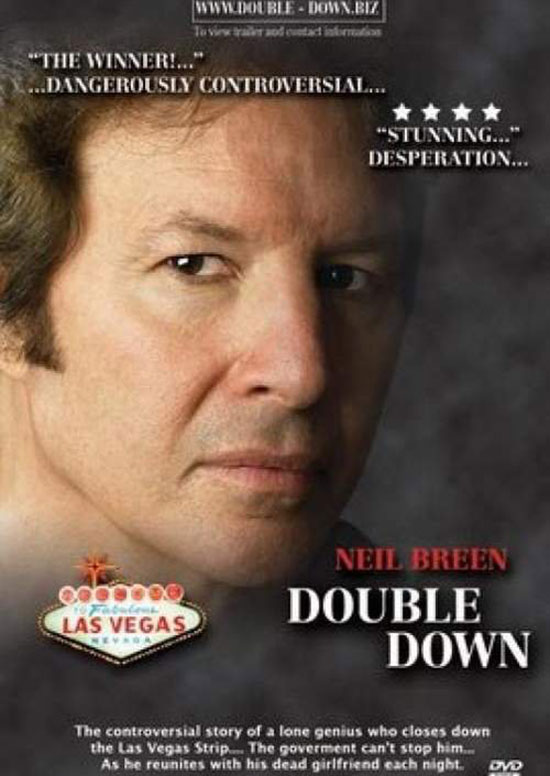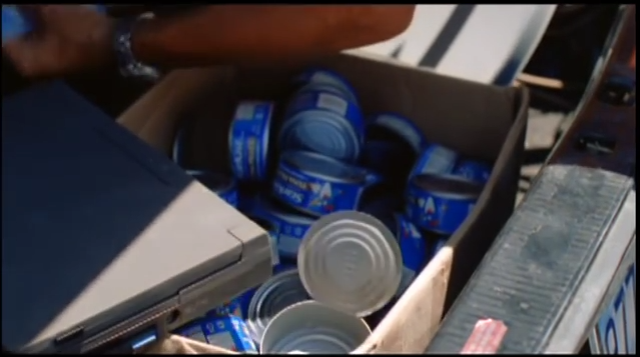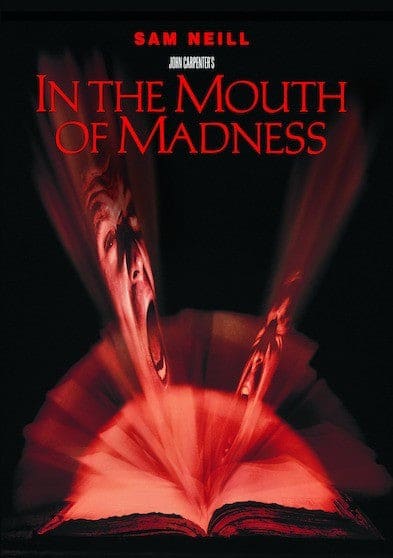 |
| From https://pisces.bbystatic.com/image2/BestBuy_US/images/ products/3231/32317207_sa.jpg;maxHeight=640;maxWidth=550 |
Director: John Carpenter
Screenplay: Michael De Luca
Cast: Sam Neill as John Trent; Julie Carmen as
Linda Styles; Jürgen Prochnow as Sutter Cane; David Warner as Dr. Wrenn; John
Glover as Saperstein; Bernie Casey as Robinson
[Major Spoiler Warnings]
 Surprisingly difficult to see in
the United Kingdom, especially as Carpenter
is as popular here as anywhere else, but between this and his collaboration
with Tobe Hooper for television
called Body Bags (1993), it's one of
the few blind spots in a career where even the 1979 Elvis TV movie was released on physical media in the UK. This is a
shame as, lore tells us, that In the
Mouth of Madness was the last great Carpenter
film, which isn't as accurate as that claims but is a tag that was given to one
of his most underappreciated works. The nineties was held as where his career
wavered, ironically my first films of his Vampires
(1998) and Ghosts of Mars (2001)
as they were early Sony Pictures DVD
released when I grew up with that format becoming a big thing. Before then, Memoirs of an Invisible Man (1992) was
seen as a big slip as his first film of the nineties - not as bad as its
reputation suggests, but definitely a film lacking his personality. Village of the Damned (1995) has
actually grown on me, but it was not seen a powerhouse, and we'll see if the
special effects and surfing in Escape
from L.A. (1996) are as bad as it sounds.
Surprisingly difficult to see in
the United Kingdom, especially as Carpenter
is as popular here as anywhere else, but between this and his collaboration
with Tobe Hooper for television
called Body Bags (1993), it's one of
the few blind spots in a career where even the 1979 Elvis TV movie was released on physical media in the UK. This is a
shame as, lore tells us, that In the
Mouth of Madness was the last great Carpenter
film, which isn't as accurate as that claims but is a tag that was given to one
of his most underappreciated works. The nineties was held as where his career
wavered, ironically my first films of his Vampires
(1998) and Ghosts of Mars (2001)
as they were early Sony Pictures DVD
released when I grew up with that format becoming a big thing. Before then, Memoirs of an Invisible Man (1992) was
seen as a big slip as his first film of the nineties - not as bad as its
reputation suggests, but definitely a film lacking his personality. Village of the Damned (1995) has
actually grown on me, but it was not seen a powerhouse, and we'll see if the
special effects and surfing in Escape
from L.A. (1996) are as bad as it sounds.
The first positive credit to In the Mouth of Madness is actually to
the screenwriter Michael De Luca,
whether his work was adapted exactly from the page or modified out of his
hands, as that is a huge factor to this film. His CV as a screenwriter only has
three films alongside this, more of executive producer in his career, which
include the divisive 1995 Judge Dread
film with Sylvester Stallone and Freddy's Dead: The Final Nightmare (1991),
the most derided of that series barring the 2010 remake; in comparison he
managed here however to hit the ball out of the park. This film does suggest it's
going to be pure cheese, a big metal guitar riff on the John Carpenter and Jim Lang
soundtrack just when Sam Neill's name
is on the opening credits, but this alongside Wes Craven's New Nightmare (1994), rectifying that previous Nightmare on Elm Street film, are two
incredibly fascinating meta horror films that came out the same year, certainly
a superior pair to Craven's own Scream (1996), which felt pointing out
the clichés but not subverting them beyond plot was enough. De Luca with this script found a take on
the meta-texture, significantly, which is truly weird and, without nasal
gazing, is still idiosyncratic today.
That, in lieu to the King of Yellow, in which author Robert W. Chambers envisioned a text
that drove people insane, this film envisions a text, the work of a prolific
horror writer Shutter Cane, which will induce nervousness, anxieties and fear
upon reading. That's his usual work, and Cane has done so well he's ended up
breaking reality itself, as insurance detective John Trent (as played by Sam Neill) is sent on his trail; believing
its all a con, Trent instead wanders into the plot of a pulp horror film and
eventually an actual pulp horror nightmare land. Its pulp in the truest sense,
but it chills the bones a little when Cane, revealed as Jürgen Prochnow with a giant spread of white hair, talks about his
work being more wildly read than the Christian Bible. Star Wars has a religion, Jedi, and more people are more likely to
know the innings and outings of Harry
Potter lore than actually read the Book of Revelations all the way through.
Now imagine if this new book was
even more infectious and could poison people further, to madness and violence,
even the apocalypse, and In the Mouth of
Madness is the closest John Carpenter
touched upon the cosmic horror of H.P.
Lovecraft, in which beyond the perception of fragile mortal humankind, a
novelist can distort reality and be a vessel for horrifying Old Ones to appear
through. That they might've been created by him, as it's entirely subjective
what exactly his work is or not in what we see, is even more terrifying. It's
far more terrifying, as reality eventually splits, the tear reveals that a) the
protagonist is a created character, and b) reality has no rules and for a man
who believed in logic that term losing meaning is more frightening than
monsters. This review has a major spoiler warning, but you couldn't get the
true effect of any plot point without the images themselves.
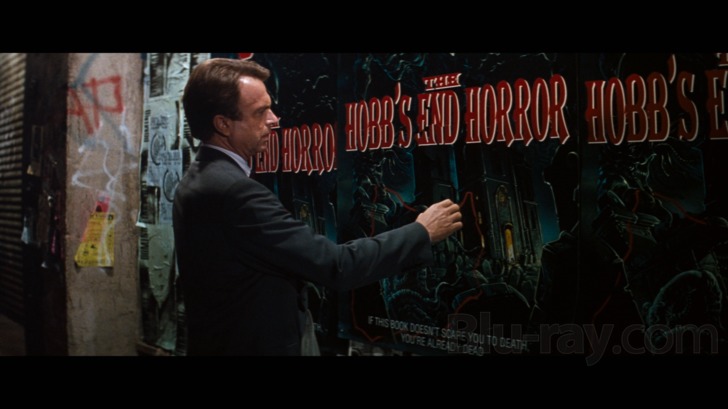 |
| From https://images3.static-bluray.com/reviews/8897_1.jpg |
Carpenter as always is a classist who shots the film with elegance, famously a man who grew up admiring film makers like Howard Hawks, wanted to make films like his in genres like Westerns, but came about in a time where he proved a daub hand in horror and sci-fi. Any moments of broadness - a bicyclist turning husk-like or the guitar riffs in the score, don't undercut the tone in the slightest or his precise filmmaking. In fact the film itself eventually gets around to mocking plot points in pulp horror, like Neil's counterpart, Julie Carmen, suddenly trying to seduce him in the nightmare town "because the author wrote it that way". (Which is hilarious as, whilst he didn't write the film but collaborated on it greatly, Halloween III: Season of the Witch (1982) despite being one of my favourite horror sequels has this absurd cliché depicted completely seriously).
The distinction here to Carpenter's other films is how
over-the-top and phantasmagoric this gets. We've had The Thing (1982) in terms of body horror, but In the Mouth of Madness is lurid and intense with this from the
beginning. All when a publicist goes axe happy, the film gets increasingly
weirder and more grotesque in body mutations and freakishness as the film draws
from horror as a genre in general, the Lovecraftian horrors against a pastiche
of Stephen King's popularity, apt as
by this point even TV let alone film gorged on adapting King's books.
The film finds the right balance
of credibility by having seriousness against this, because it plucks symbolism
from the entire genre - terrifying possessed children; monstrous entities;
religious horror; plenty that is slowly drip feeding and helped by Sam Neill being the cynical sceptic who
plays the anchor. We realise his fate already - the film starts with him in a
mental health hospital as he tells his story to David Warner - but Neill finds the right tone for a man who
is stoic even to the most horrifying things until it gets too much, not
surprising as whilst the New Zealand born actor as always come off as meek and
affable, he was in Andrzej Żuławski's
Possession (1981) going batshit
insane, so this film would've been a cakewalk.
The build for the film, when it's
already gone off the deep end, is still slow burn because Carpenter finds idiosyncratic ways to move the film's nightmares. A
reoccurring image of a police officer randomly beating a man up in a dark alley
or how the author's favourite colour drives a man to screaming are among such
examples; all never heavy handed because the film is so over-the-top its gone
to that tone the moment you encounter Hobb's End, the nightmare town whose own
name is even a reference to Quatermass
and the Pit, giving you an idea how in depth some of the references are.
The other aspect, in honesty,
that whilst H.P. Lovecraft is an
author whose work is still innovative and powerful for me, I am also aware that
a reader can find his elaborately descriptive vocabulary and exaggerated tone
utterly ridiculous, befitting this film's many moments of absurdity, like
strange fish-like Old Ones they wisely left as shadows only, and possibly
another reason why it's been a huge issue to adapt his work straight rather
than evoke for cinema. Befittingly like those stories, insanity is the end,
though few would watch themselves in the film they have seen when they finally
snap; between this and Wes Craven's New
Nightmare we had two of the best of these meta films as far back in the
nineties, where more well known films like Scream
and The Cabin in the Woods (2012)
just come off as flaky in comparison. This, really needing to be more easily
available, is definitely as well a gem in John Carpenter's crown.
Abstract Spectrum: Grotesque/Surreal/Meta
Abstract Rating (High/Medium/Low/None): None
_1000_420_90_c1.jpg) |
| From https://offscreen.com/images/made/images/articles/_resized/Review_167_Photo_6_-_In_the_Mouth_of_Madness_(John_Carpenter,_1994)_1000_420_90_c1.jpg |


